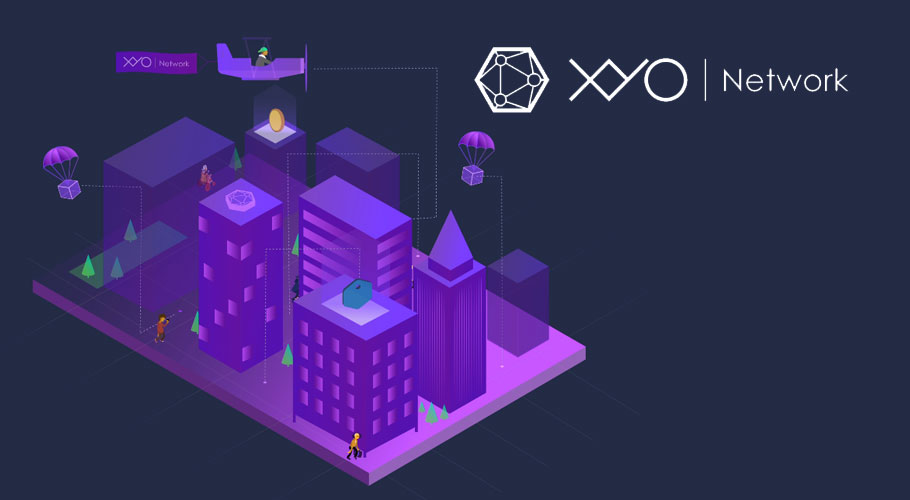XYO Network, blockchain’s first cryptographic location network, will provide certainty driven location data to China’s automated, connected cities of the future through CAS Smart City’s big data management platform for the Internet of Things (IoT).
The partnership between XYO and CAS Smart City, which features top talent from the Chinese Academy of Sciences, opens the door for a vast number of location-centric smart city uses. This includes funneling critical data from vehicles to CAS Smart City’s existing infrastructure, which not only includes a central command platform, but a light pole that features IoT sensors, WiFi, navigation information, and more.
“When we’ve envisioned smart cities, where everything is connected and real-time information makes everything much more efficient, we’ve realized that having blockchain-based location data that shows exactly where items are located — in real-time — is critical. CAS Smart City features some of the most profoundly forward-thinking tech available via their IoT management platform, and we believe our location data can deliver a missing ingredient that connects neighborhoods, towns and municipalities all over the world.”
XYO Network made waves earlier this year when the company held a hackathon to specifically build traffic flow and parking applications based on data provided by the city of San Diego. The theory was that if each car featured a location verification device, there’d be a reduction in traffic, finding open parking spots would be effortless, and drivers could pay parking meters without ever interacting with them.
CAS Smart City, on the other hand, holds more than 40 core intellectual property rights for a broad range of applications, including the company’s signature Smart IoT Light Pole, which serves as a mini weather station, electric vehicle charger, navigation data node, and more. The data collected from passing vehicles and other connected IoTs will be used to ease traffic strain, organize people during emergencies, and even automatically dim or brighten street lights whenever cars pass beneath them.
